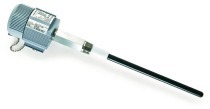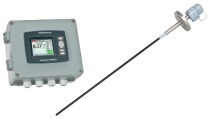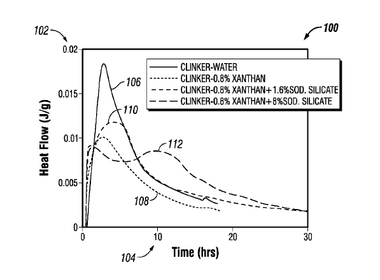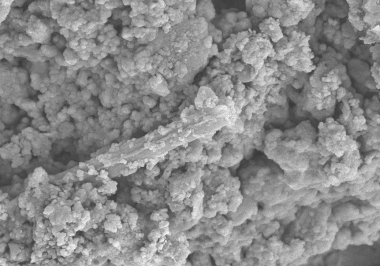PCA advocates for particulate matter relief
The Portland Cement Association urges the U.S. Environmental Protection Agency (EPA) to reconsider enforcing a proposed lower, fine particulate matter (PM) National Ambient Air Quality Standard (NAAQS). Under the National Ambient Air Quality Standards (NAAQS) program, the proposed rule would lower the primary (health-based) annual fine particulate matter (PM2.5) standard from the current level of 12 micrograms per cubic meter (µg/m3) to within a range of 9 µg/m3 to 10 µg/m3.
Complying with the new standard would require America’s cement companies — which have spent millions of dollars adhering to EPA standards — to endure regulatory overkill and unnecessary, mounting expenses that could lead to cutting back operations and potential job losses at plants. The cement industry is already well regulated for PM, and increasing the regulatory burden on industry will put the state’s economic growth at risk.
A study by the Portland Cement Association, which represents America’s cement manufacturers, predicts that lowering the annual PM standard to the newly proposed limit could require between $124.2 million to $216 million in capital expenditures and up to $70 million a year in additional operating costs.
Instead, PCA encourages the EPA to focus on scrutinizing the greatest cause of PM emissions: unmanaged wildfires. Wildfires account for more than 30% of primary PM emissions, whereas the U.S. cement industry contributes only 0.1% share of such emissions. A single wildfire event could negate the efforts of industry to meet the revised standard.
In addition, through the hard work of regulated industry and government officials, PM emissions have been reduced by 37% during the last two decades. This downward trend will continue through existing programs, including the PM standards EPA retained in 2020.
The Portland Cement Association urges the Biden Administration to withdraw the pending Proposed Reconsideration of the PM NAAQS.





